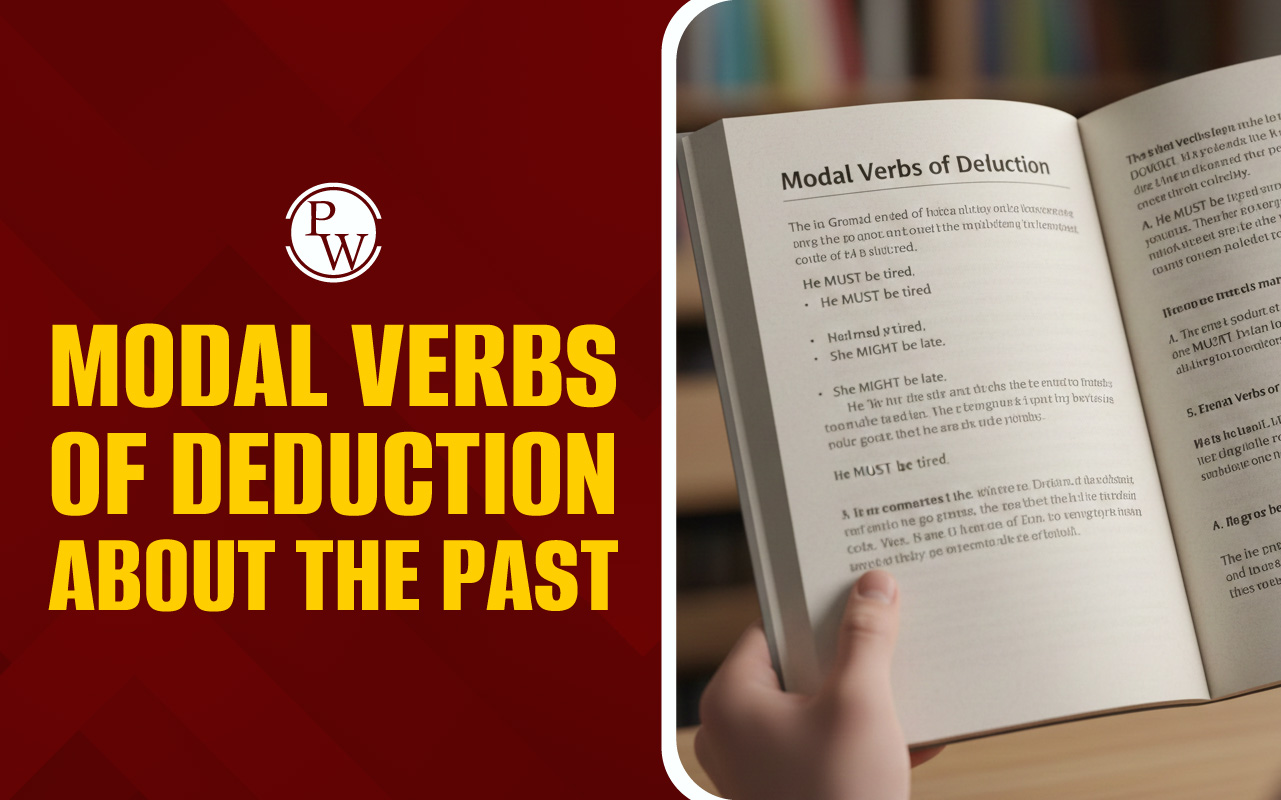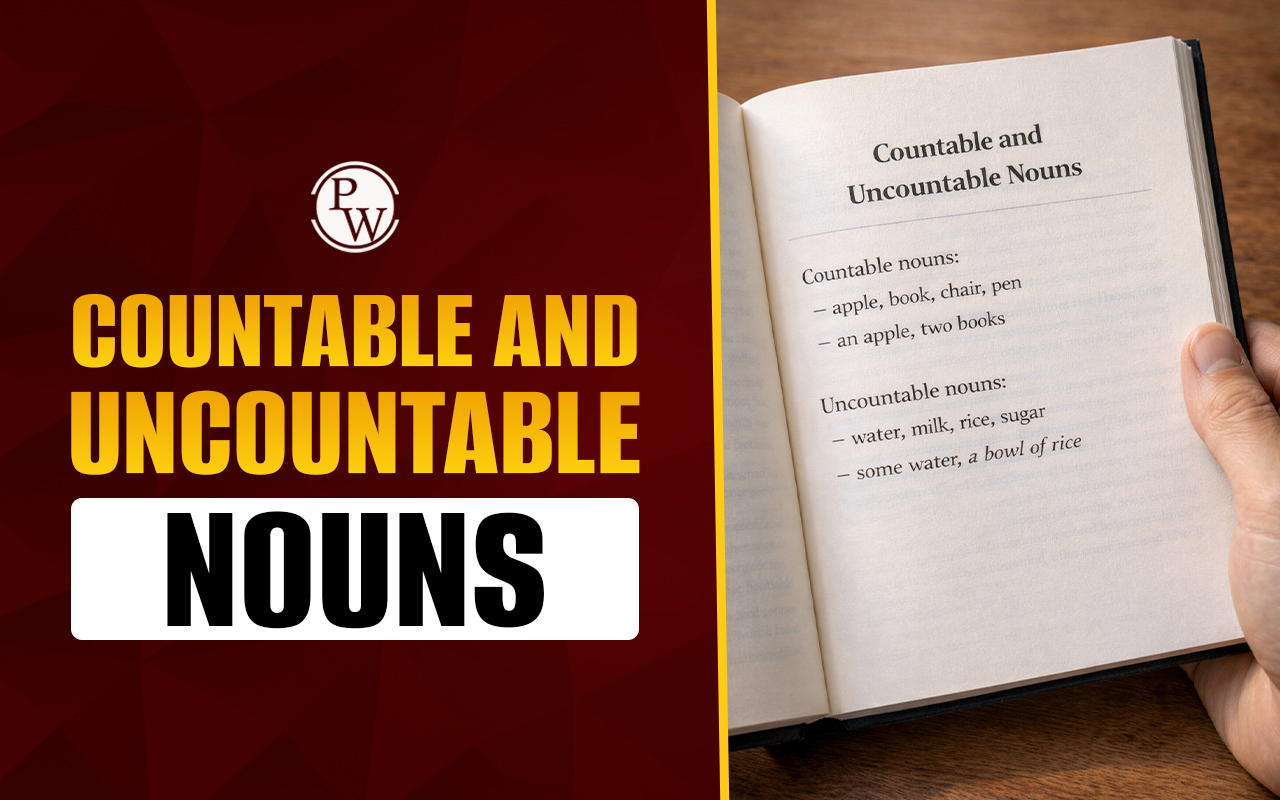
IELTS Speaking Part 2 Difficult Topics: The IELTS Speaking test is an essential part of the IELTS exam. The Speaking test is divided into three main parts. The Speaking Part 2, also known as the cue card section, is often considered the most challenging among non-English speaking candidates.
In this part, test-takers are given a topic and are required to speak about it for 1–2 minutes after one minute of preparation. While some cue cards are straightforward, others present more complex. This guide explores difficult IELTS Speaking Part 2 topics, challenges faced by aspirants, and offers strategies and sample ideas to help you achieve a better IELTS band score.
Why Some IELTS Speaking Part 2 Topics Are Difficult
Certain topics are considered difficult because they:
-
Are abstract or philosophical in nature (e.g. Describe a rule you disagree with)
-
Require detailed knowledge or creativity (e.g. Describe a science subject you liked)
-
Involve personal opinions on uncommon experiences (e.g. Describe a time when you got lost in a place)
-
Ask about future predictions or hypothetical situations (e.g. Describe a technology you think will change the world)
Also Check:
Examples of Difficult Speaking Part 2 Topics
Below is a list of challenging cue cards along with explanations of why they may be difficult:
1. Describe a law you would like to change
-
Why it’s difficult: Requires awareness of local or international laws and critical thinking.
-
Tip: Focus on a commonly debated law such as traffic fines or school uniforms.
2. Describe a time when you had to make a difficult decision
-
Why it’s difficult: Demands storytelling ability and emotional expression.
-
Tip: Use personal or academic examples and explain your reasoning clearly.
3. Describe a person from history you would like to meet
-
Why it’s difficult: Needs historical knowledge and imagination.
-
Tip: Choose a well-known figure and prepare key facts in advance.
4. Describe an invention that changed the world
-
Why it’s difficult: Requires technical vocabulary and examples.
-
Tip: Choose something simple like the internet or the mobile phone.
5. Describe a risk you took that had a positive result
-
Why it’s difficult: Demands storytelling, reflection, and linking causes to outcomes.
-
Tip: Mention an academic, travel, or personal risk and its impact.
Strategies to Handle Difficult Cue Card Topics
Handling complex IELTS Speaking Part 2 topics requires good planning and smart techniques:
-
Use the 1-minute preparation time wisely: Quickly note 4–5 bullet points covering what, when, where, who, why, and how.
-
Stick to a structure: Follow a simple format — Introduction, Main Story, Result/Impact.
-
Don't worry about full accuracy: Focus on fluency, not perfection.
-
Paraphrase the topic: Reword the question in your own words to show vocabulary range.
-
Use linking words: Connect ideas using terms like however, as a result, on the other hand, eventually.
-
Practice with a variety of topics: Expose yourself to both common and uncommon themes.
Also Check:
- Describe a Beautiful City IELTS Speaking Cue Card with Answers
- Describe Your Family IELTS Cue Card with Sample Answers
- Describe a Place Where You Go to Relax IELTS Cue Card
- Describe Your Hometown IELTS Speaking Part 1, 2 and 3
- Describe A Family You Know IELTS Cue Card with Sample Answers
- Describe Your Education IELTS Speaking Part 1 Sample Answer
- Describe a Prize That You Received IELTS Cue Card
Sample Cue Card and Notes
Cue Card: Describe a person from history you would like to meet
Notes:
-
Who: Martin Luther King Jr.
-
When you learned about them: In school
-
What they did: Civil rights movement, famous speech
-
Why you want to meet them: Inspiring personality, peaceful activism
Structure: -
Introduction: “One person from history I’d love to meet is...”
-
Main points: Their background, achievements, personality
-
Conclusion: “Meeting them would give me a better understanding of social justice.”
| IELTS Speaking Cue Cards | IELTS Speaking Vocabulary |
Vocabulary Tips for Difficult Topics
Use topic-specific vocabulary to enhance your answers. Examples include:
|
Topic |
Useful Vocabulary |
|---|---|
|
Laws and rules |
legislation, enforce, violation, amendment |
|
Decisions |
dilemma, consequences, weigh options, outcome |
|
History |
historical figure, era, influence, legacy |
|
Inventions |
breakthrough, innovation, efficiency, impact |
|
Risks |
venture, uncertainty, calculated risk, success |
Guidance of PW IELTS
Physics Wallah offers multiple online IELTS courses for all students. Follow the IELTS pages to better prepare for the exam.
| What is IELTS Exam? | Documents Required for IELTS Registration |
| IELTS exam eligibility requirements | IELTS Exam Fees |
| IELTS test results | IELTS Exam Pattern |
IELTS Speaking Part 2 difficult topics FAQs
What makes a Speaking Part 2 topic difficult in IELTS?
How long should I speak in IELTS Speaking Part 2?
Can I use imaginary examples in my answer?
What should I do if I dont understand the cue card?
How can I improve my vocabulary for IELTS Speaking?






